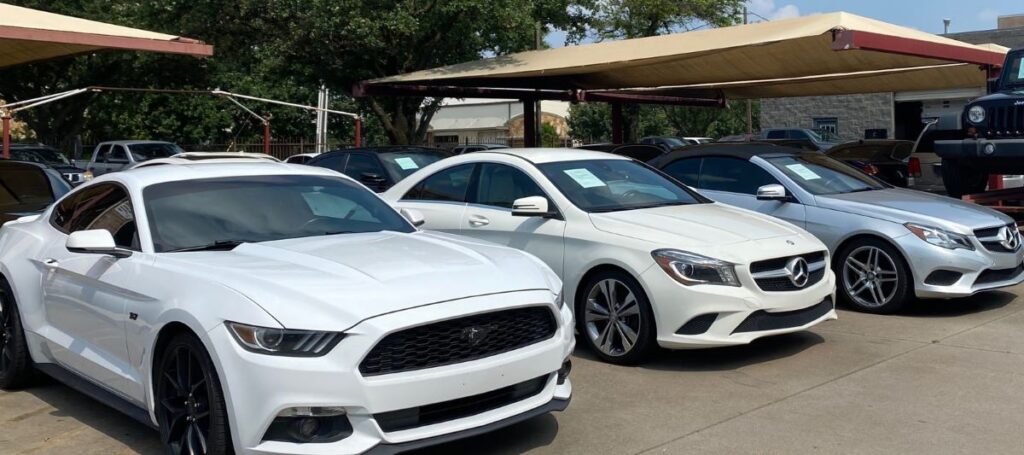
NEW YORK (February 10, 2025) – The global used car market in US size is estimated to grow by USD 40.2 billion from 2025-2029, according to Technavio. The market is estimated to grow at a CAGR of 4.3% during the forecast period. Excellent value for money proposition of used cars is driving market growth, with a trend towards increased penetration of websites dedicated to selling used cars. However, stringent emission regulations to restrict sales of non-compliant used cars poses a challenge. Key market players include Asbury Automotive Group Inc., AutoNation Inc., CarMax Inc., Carvana Co., General Motors Co., Group 1 Automotive Inc., Hendrick Automotive Group, Hertz Holdings Inc., Lithia Motors Inc., Penske Automotive Group Inc., Sonic Automotive Inc., and Vroom Inc.
Key Market Trends Fueling Growth
The used car market in the US is experiencing significant trends shaping its future. Dealership networks and franchise dealers are expanding, with online sales becoming increasingly popular. Auto marketplaces are thriving, offering affordability and convenience to customers seeking personal mobility. Automobile manufacturers are entering the used vehicle business, providing certified pre-owned vehicles with extended service agreements and advanced features. Price sensitivity drives the market, with buyers opting for compact and mid-sized used passenger cars, SUVs, and even CNG-powered and hybrid vehicles. Digital retailing and AI applications are transforming the industry, enabling inventory pooling and sustainability. Electric and luxury vehicles are gaining traction, with OEMs focusing on emissions and environmental concerns, adhering to BS6 norms. Urbanization and the telecom industry’s growth fuel the demand for online transactions. Unorganized businesses face competition from organized channels, including rental car agencies, leasing offices, auctions, and private party sales. Flexible financing alternatives and no haggle prices attract buyers, while value-added services like warranties, maintenance plans, and extended service agreements enhance customer experience. The automotive industry trends towards digitalization, with tech-enabled options like automotive performance tracking, smartphone applications, and internet connectivity. High depreciation rates challenge the market, but flexible financing and off-lease vehicles offer opportunities. The future of used car ownership lies in digital retailing, AI applications, and sustainable practices.
Leave a Reply
You must be logged in to post a comment.